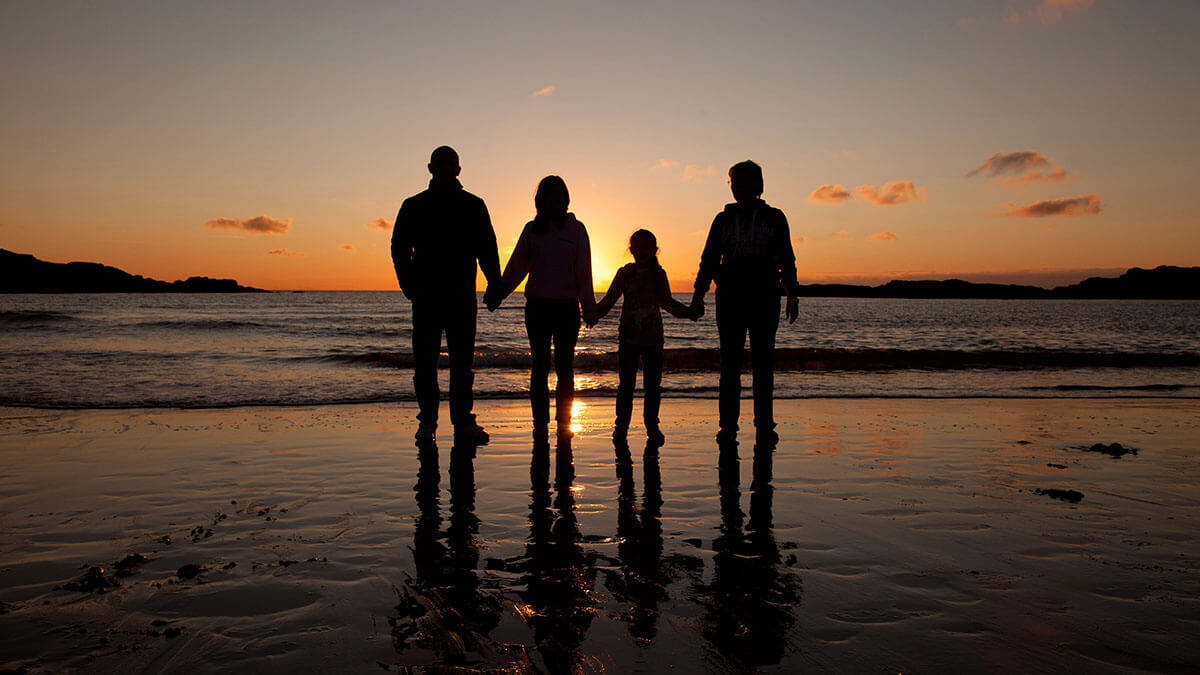Pro-life families create a culture that values all life – by Olivia Boyd
Olivia Boyd is our teenage guest writer who is very passionate about supporting the pro-life movement and ending human trafficking. Upon completion of her High School education, she intends to study law and psychology. She has an interest in human rights and social psychology, and is an active member of the PragerForce group for students and young professionals. Olivia will be contributing articles to Family First this year as part of her Duke of Edinburgh award.
Please read Olivia’s article on pro-life families…
All human life has intrinsic value. From the moment of a baby’s conception to the moment of death, every human life has the right to be recognised as a person that is worthy of value, dignity and protection. Tragically, in today’s culture many people justify ending the lives of our most vulnerable—whether it be unborn babies or assisted suicide for those who may be facing insurmountable circumstances (in health or otherwise). Challenging and changing these perspectives doesn’t come about by only pushing for law change or holding public marches and debates (although these are an essential part). It begins in our own homes. It begins when we celebrate all lives—no matter what age, gender, ethnicity or disability someone may have, and no matter how that life came about or what circumstances they were born into.
Instilling a high value for all human life is something that families can create in the culture of their homes. Valuing life at any age and stage of development, beginning with life in the womb, needs to be a core family value. Pregnancy is something to celebrate as a family, and it’s important to educate young people about the incredible stages of the development of life in the womb in age-appropriate conversations. When I was young, I listened to my siblings’ heartbeats before they were born. My family also remembers the two that my parents lost via miscarriage and stillbirth on their anniversaries every year. Life, no matter what the length, is precious.
At the other end of life, families can also encourage the honouring of grandparents and the older generation. They hold wisdom that we need for our generation to succeed as they pass the torch on to us. As they grow older and may become more dependent on others, we have the tremendous privilege to care for them as they have cared for us. I watched my grandparents do this with incredible love and devotion for my great-grandmother as she came to the end of her life a few years ago. It’s important to love and honour the older generation.
Terminally ill patients may feel that they are burdensome, but what’s left of their lives can be celebrated and enjoyed, and love, compassion and support can make all the difference to the moments they have left. The elderly and terminally ill are not a burden to our society. Those who are terminally ill and those who are dependant on others for certain levels of care are vulnerable to abuse and coercion by others, so assisted suicide legislation is dangerous. Families that care for and support their more vulnerable members are shaping the values of our generation for the better.
Having a pro-life, pro-family culture in our homes can influence the wider culture, especially when we unite our voices together. Those who are brought up to value life in the womb and beyond will hopefully pass this on to their own children. It will affect the choices they make in elections and referendums. Those with a high value for protecting life are more likely to help those who are struggling as they know that life is precious and irreplaceable.
The future of the pro-life movement depends on families. It depends on likeminded people connecting together and upholding values that promote life. It depends on people to take a compassionate and active role in supporting those who find themselves in circumstances where they believe the only way out of their difficulties is to take life away—be it an unborn life or their own life. The goal of the pro-life movement is beyond just getting babies to be born. It’s about supporting all life once it leaves the womb too and creating a just and compassionate society where all can thrive. Isn’t that the sort of society we want to leave behind for those that follow us?






